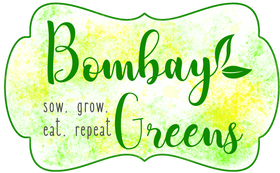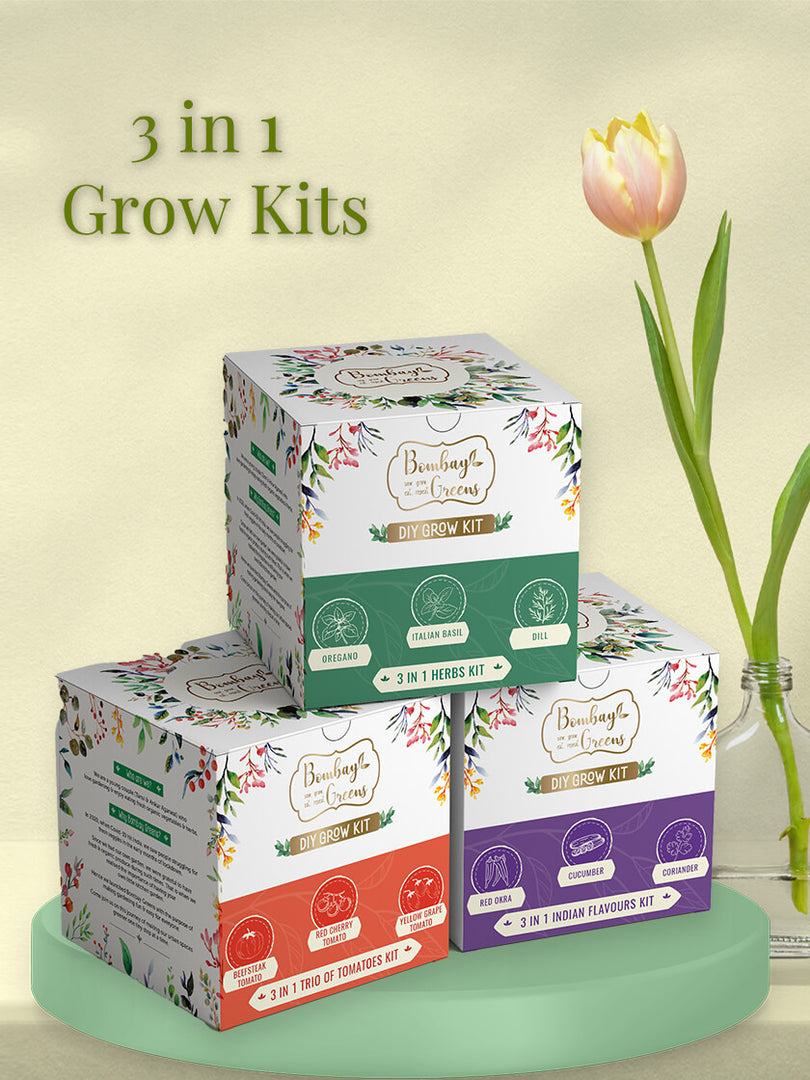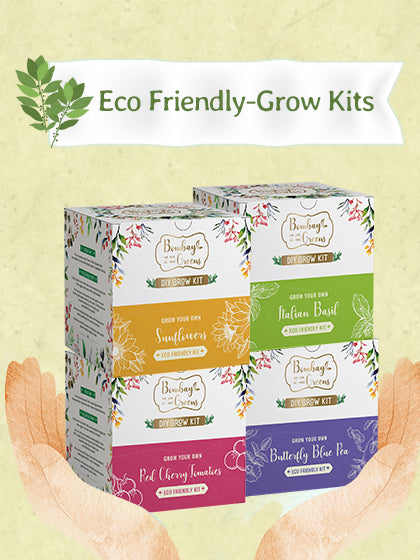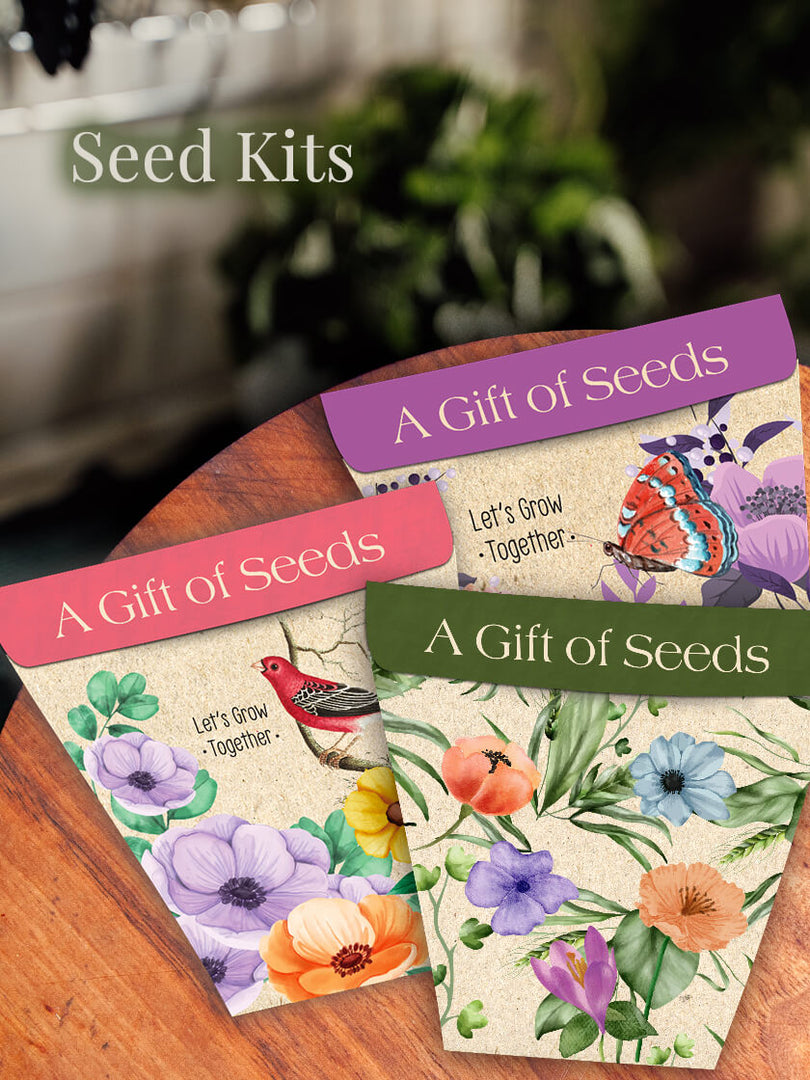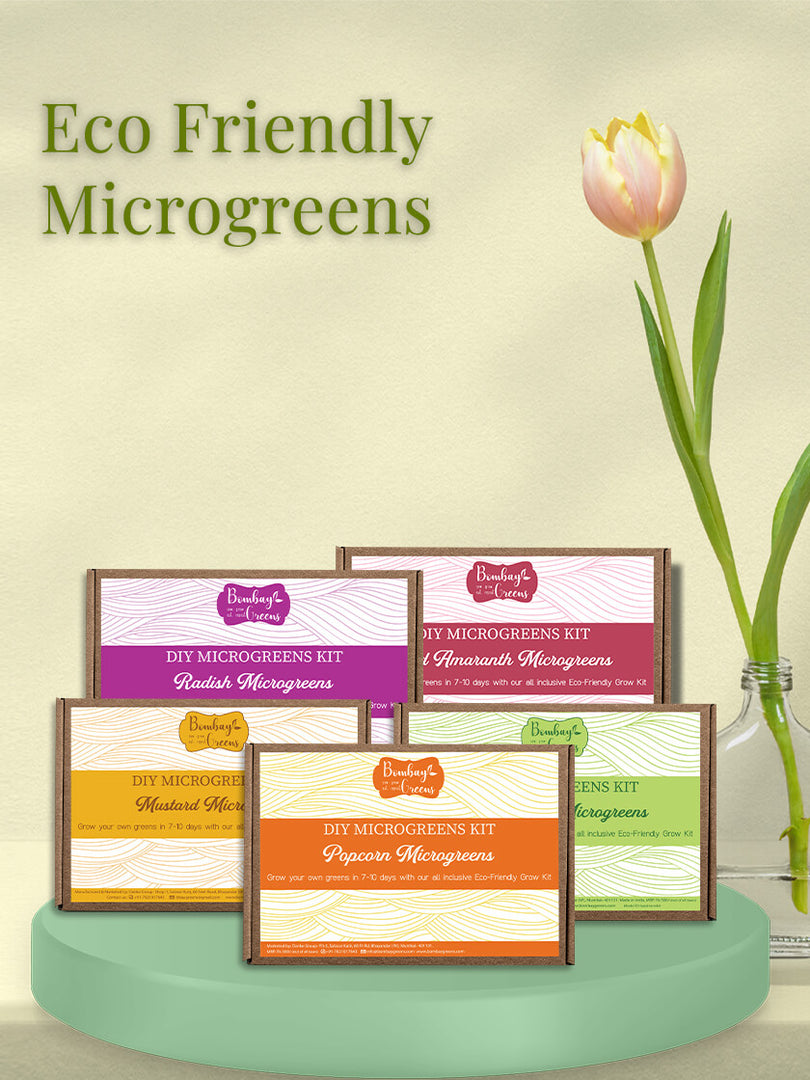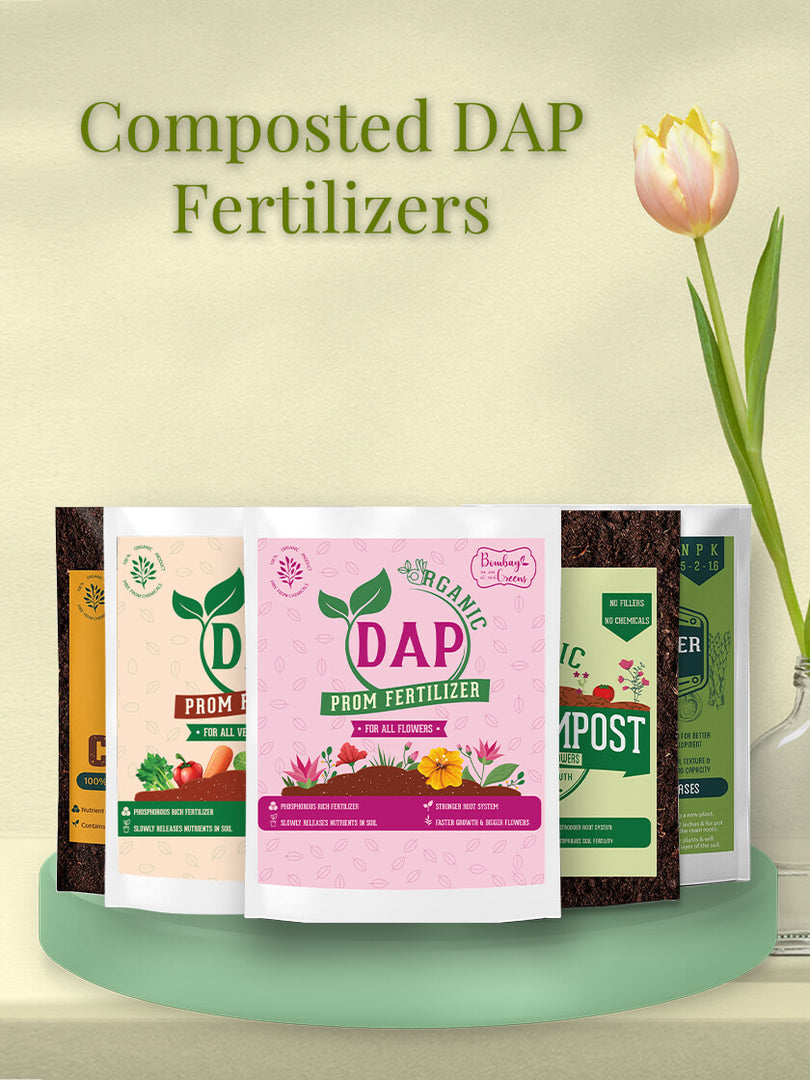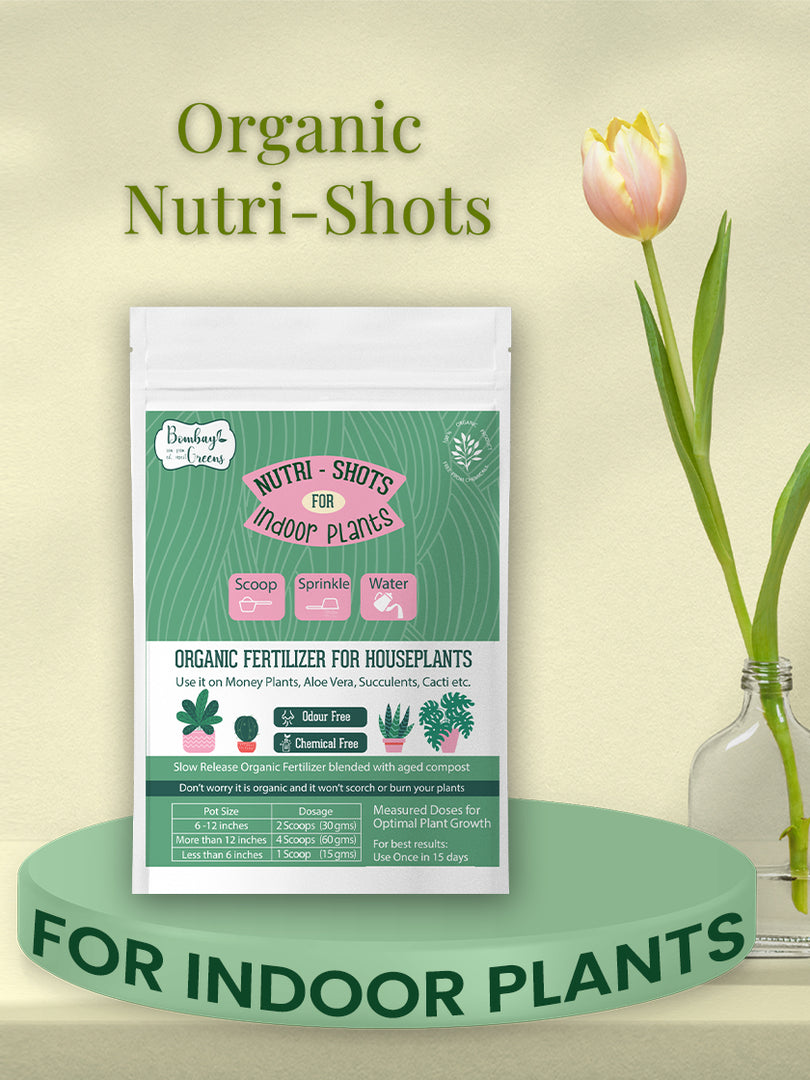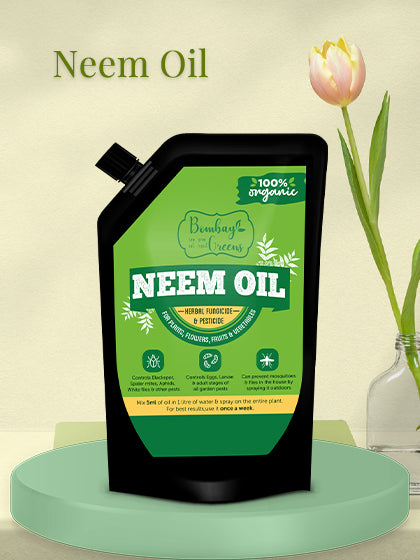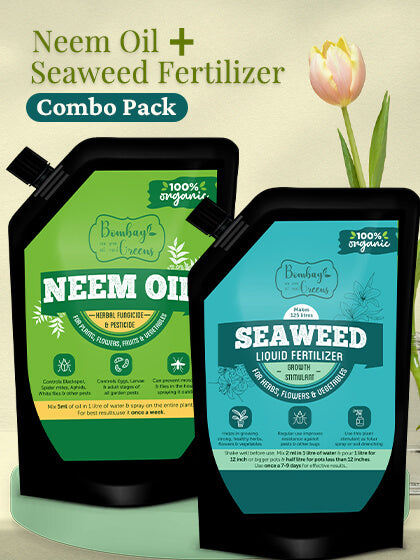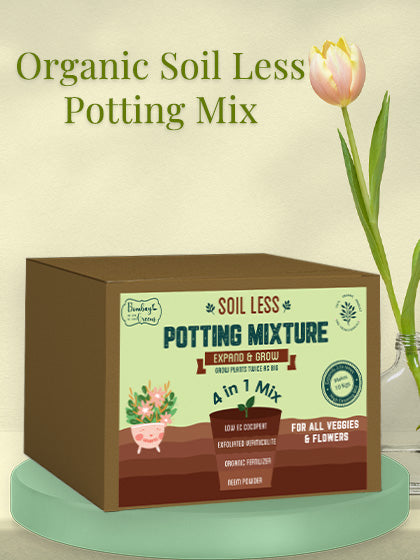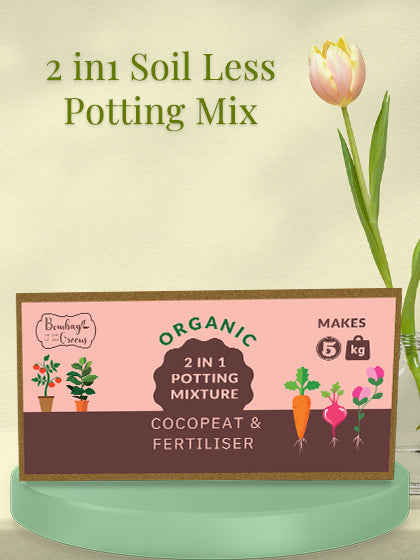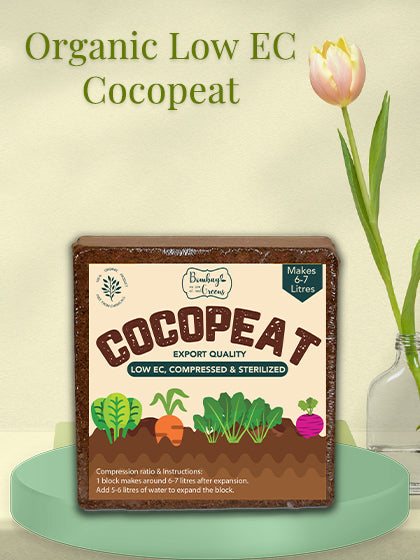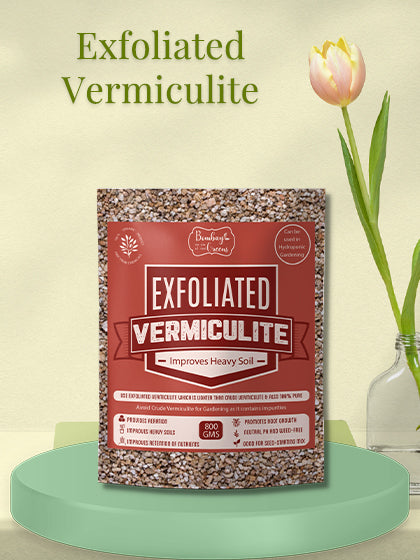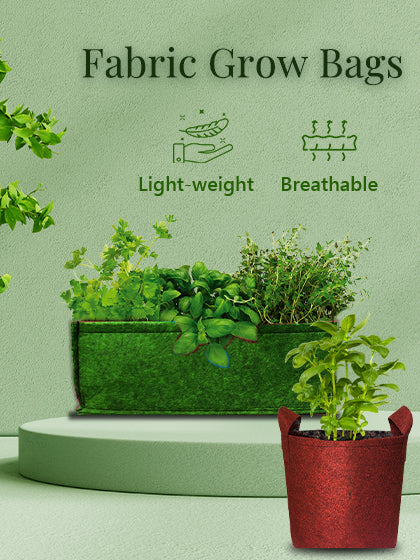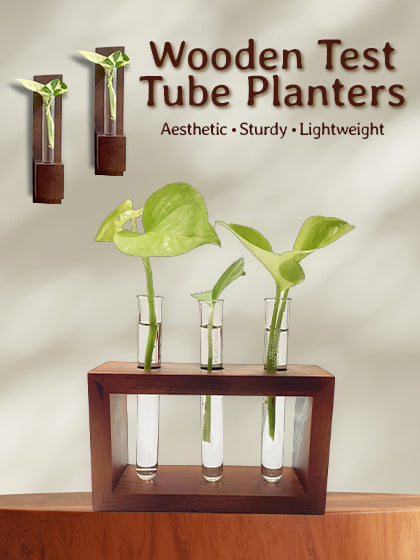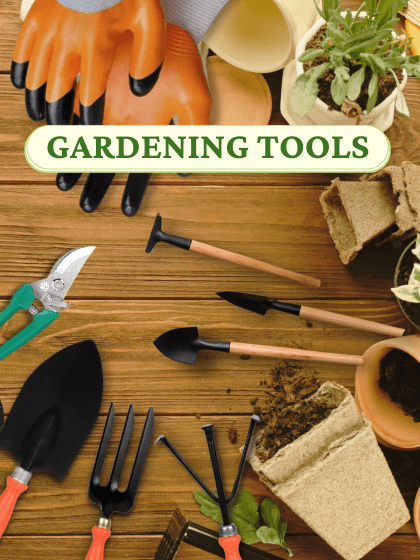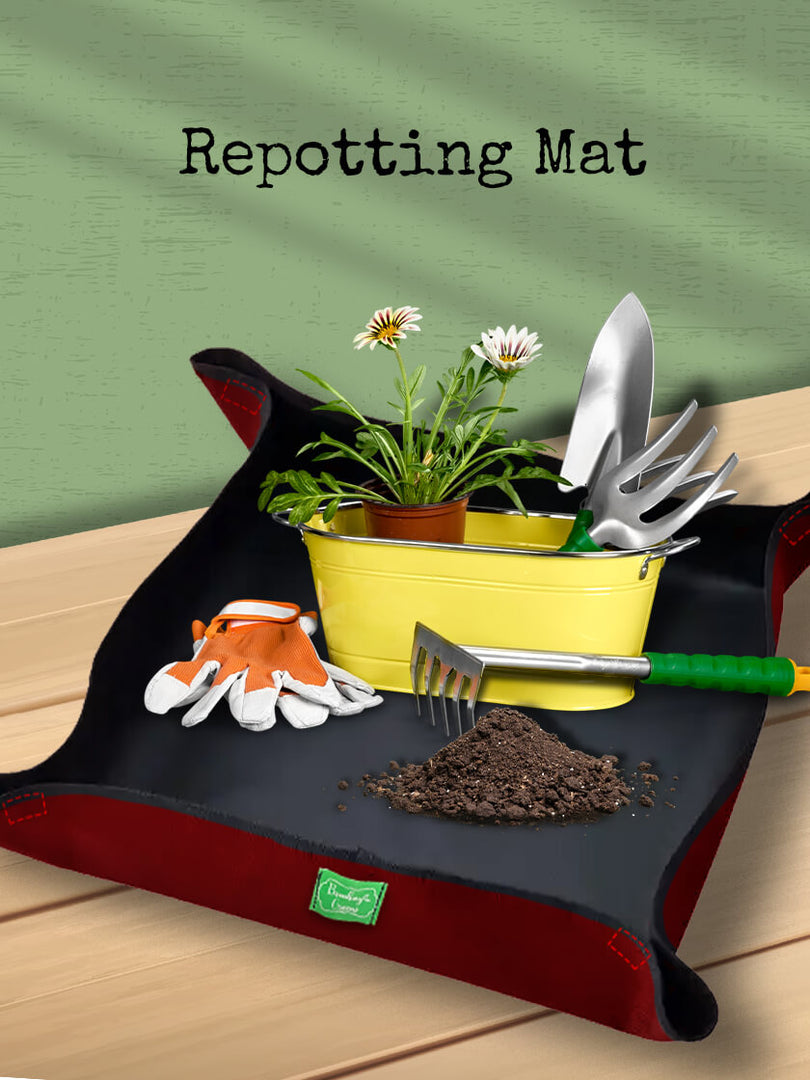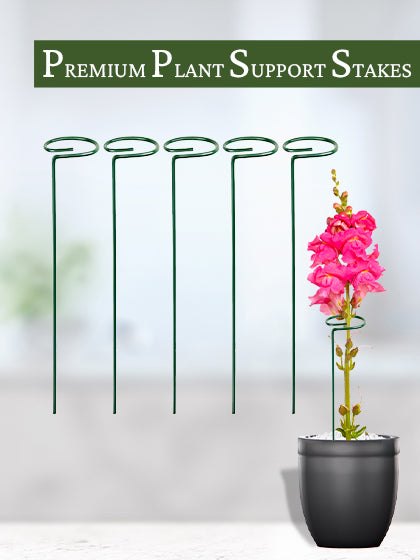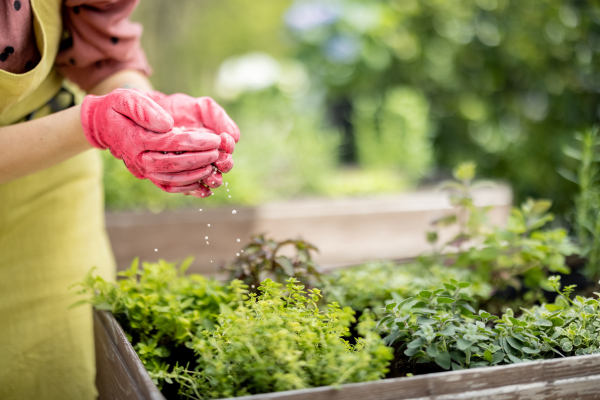Looking to transform your home garden from a patch of green to a lush paradise? Well, the secret is not in sunlight or in the watering can; it is in the magic potion you mix into the soil. Yes, we're talking about garden fertilizers. These little home garden fertilizers are just like multivitamins for your plants, providing them with the extra boost they need to grow and flourish. Whether you're growing vibrant flowers, juicy veggies, or aromatic herbs, choosing the right types of fertilizer can make all the difference. Let’s dig into the top 5 types of fertilizers for plants that can turn your garden into a blooming marvel.

| What's in the article: |
Benefits of Using Gardening Fertilizers
Gardening fertilizers offer several benefits that can significantly enhance your gardening experience:
- Improved Plant Growth: Garden fertilizers are essential nutrients that are required for the growth of plants. They foster faster and healthier growth, resulting in healthier plants.
- Balanced Nutrition: Plant growth fertilizers are formulated in a way that they can provide plants with all the vital mix of nutrients, such as nitrogen, phosphorus, and potassium, needed at different stages of development. Such balanced nutrition ensures that plants get all that is necessary for healthy growth.
- Soil Health: The general use of gardening fertilizers can lead to better soil structure and fertility. They, in most cases, replace lost nutrients from the soil and increase microbial activity, thus leading to healthier soils and more sustainable gardening.
Types of Home Garden Fertilizer
- Organic Fertilizers: Organic fertilizers for garden plants are made from natural materials such as compost, manure, and plant extracts. They improve soil health, support beneficial microbes, and release nutrients slowly over time, which helps plants grow steadily and sustainably. The best thing about organic home garden fertilizers is that they are environmentally friendly and can be used for all types of plants. One such organic plant growth fertilizer is “Nutri shots” from Bombay Greens. It is easy to use, as it can be cut, scooped, sprinkled, and poured with water. Plus it is also odor-free and chemical-free, making it suitable for indoor plants without causing damage to your home garden or office space.
- Inorganic or Synthetic Fertilizers: Inorganic or synthetic fertilizers for gardening are manufactured from chemical compounds designed to feed plants with quick and precise nutrient boosts. These types of fertilizer for plants are immediate-acting and very concentrated but may cause imbalances in the soil if not applied properly.
- Liquid Fertilizers: Liquid plant growth fertilizers are basically concentrated liquid solutions of nutrients, which are easily absorbed by the root system and leaves of the plants. They are perfect for quick nourishment and can be adjusted per the needs of different plants. Bombay Greens offers you an organic range, from flowers to vegetables, NPK blends, and seaweed. All organic solutions guarantee that your plants receive the main nutritional ingredients in a natural and effective way.
- Natural Mineral Fertilizers: Mineral garden fertilizers are obtained from mineral deposits and provide plants with such essential elements as potassium, phosphorus, and magnesium. They improve the fertility of the soil and foster proper plant development during the entire natural cycle. These types of fertilizers are one of the easiest and most harmless ways to keep the plants in your garden green and healthy.
Also Read - Container Gardening - How To Farm Beautiful Plants In Small Spaces
Back to top

Importance of Timing When to Apply Fertilizer for Gardening
Timing your plant growth fertilizer application right helps your garden thrive by giving plants the nutrients they need at the perfect time.
-
Importance of Timing When to Apply Fertilizer for Gardening
Early Growth Stage: Plants need extra food to develop their strength during the initial days of growth. If you use gardening fertilizer at an earlier stage, it will support the plants' growth from roots and keep them healthy and strong.
- Seasonal Considerations: Different seasons need different care. In spring, plants need a nutrient boost to start growing. In summer, they don’t need as much garden fertilizer. In fall, a slow-release plant growth fertilizer helps plants get ready for winter by strengthening their roots.
- Soil Testing: Before adding any type of fertilizer, test your soil to figure out what it needs. In this way, you will avoid overspending or using the wrong type of fertilizer for plants and save money and moreover your plants from suffering.
Back to top
Steps to Apply Fertilizer for Garden Plants
Here's a simple guide for applying gardening fertilizer to your garden plants:
- Measure the Pot Size: Determine the size of your pot.
- Choose the Amount of Fertilizer:
- For pots that are 6-12 inches in size: Use 2 scoops of gardening fertilizer per plant.
- For pots smaller than 6 inches: Use 1 scoop of home garden fertilizer per plant.
- For pots larger than 12 inches: Use 4 scoops of fertilizer per plant.

- Application Frequency: Apply the garden fertilizer once every 15 days to ensure your plants receive consistent nourishment.
- Even Distribution: Spread the fertilizer for gardening evenly around the base of the plant, avoiding direct contact with the plant stems or leaves to prevent potential damage.
- Watering: After application, water the plants well to help the fertilizer for garden plants dissolve and reach the roots effectively.
Back to top
Common Mistakes to Avoid When Using Gardening Fertilizers
Here are five common mistakes to avoid when using gardening fertilizers:
- Over-fertilizing: Adding too much plant growth fertilizer can harm your plants. Stick to the recommended amount on the label to avoid burning the roots or causing nutrient imbalances.
- Using the Wrong Type: Different plants need different types of fertilizers. Make sure you're using the right garden fertilizer for your specific plants, whether they're flowers, vegetables, or herbs.
- Applying Fertilizer at the Wrong Time: Fertilizers for garden plants are best applied during the growing season, not when plants are dormant. Check the best times to fertilize for your plant types and follow those guidelines.
- Ignoring Watering Needs: Fertilizers need to be washed into the soil to be effective. Always water your plants after applying fertilizer to help them reach the roots and avoid burning the plant.
- Not Following Instructions: Fertilizers come with specific instructions for how much and how often to apply. Always follow these directions to ensure you're giving your plants the right amount of nutrients.
Also Read - Difference between Fertilizers and Manure
Back to top

Tanvi Agarwal - Co-founder
Driven by a deep-seated love for nature and a keen entrepreneurial spirit, she co-founded Bombay Greens, transforming urban spaces into thriving green havens. Recognizing the need for accessible and sustainable gardening solutions in the bustling city, she poured her passion into building a brand that empowers individuals to cultivate their own green spaces, regardless of their location or experience. Her vision extends beyond simply selling gardening items; it's about fostering a community connected to nature, one balcony, rooftop, and windowsill at a time.
Back to top
